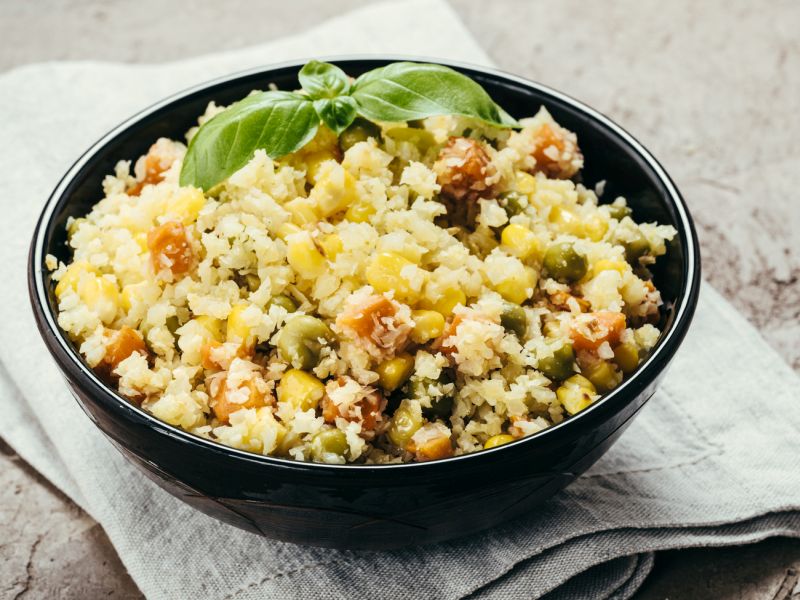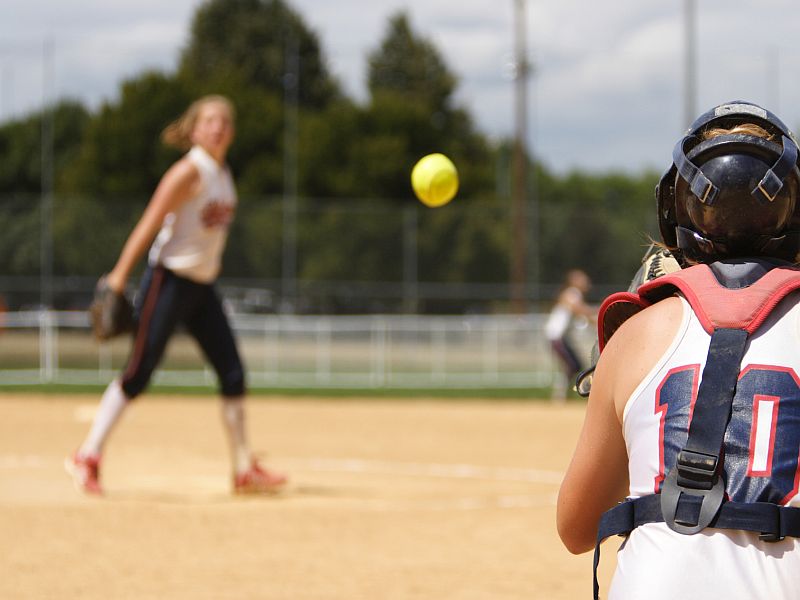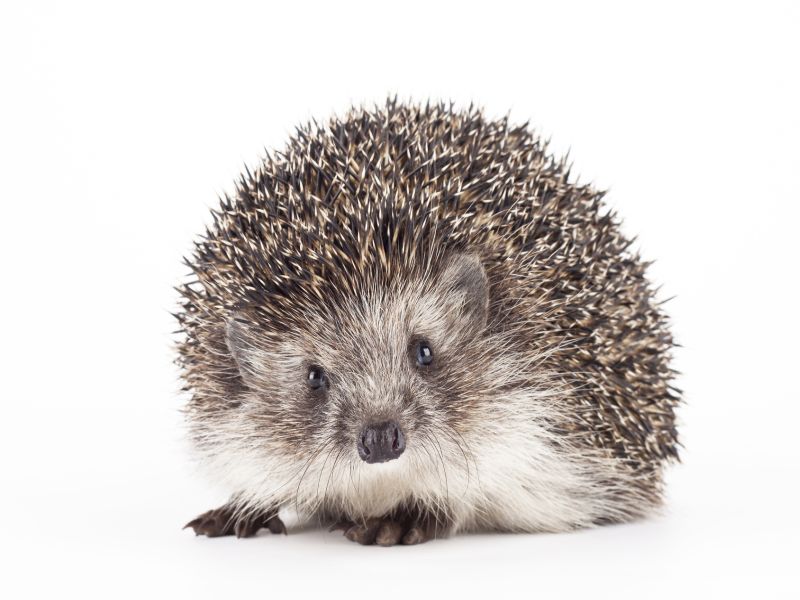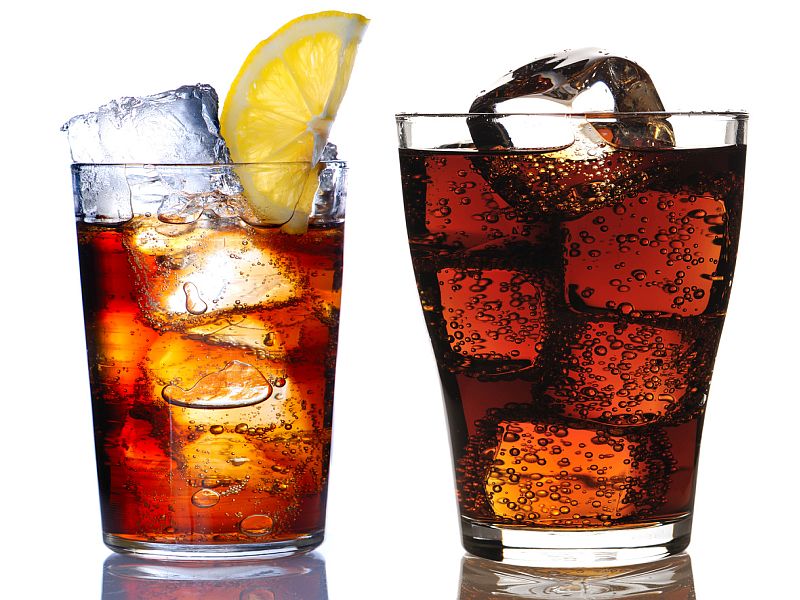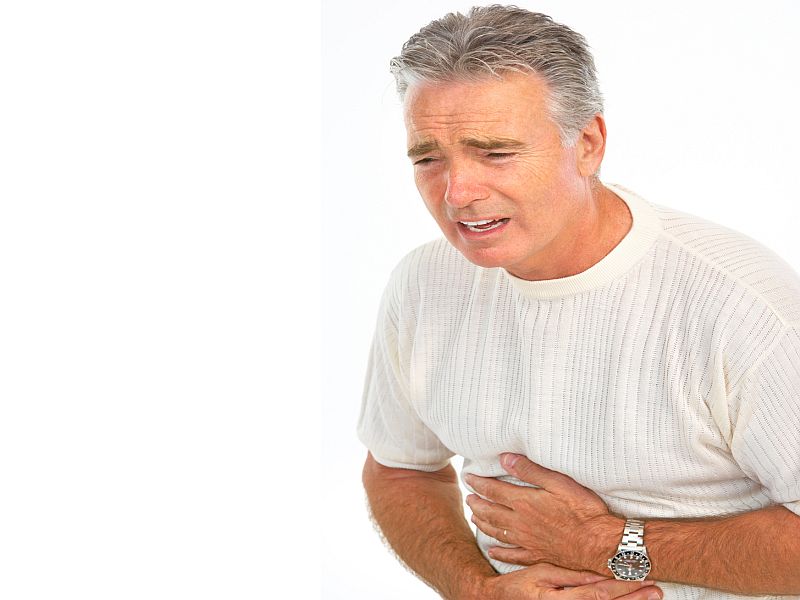
Slow and sneaky weight gain usually happens over time — on average one pound a year — so it’s not always obvious at first, especially if you don’t regularly weigh yourself. But if this weight creep goes unnoticed year after year, by middle age, your middle may lose the sleek look you had when you… read on >










